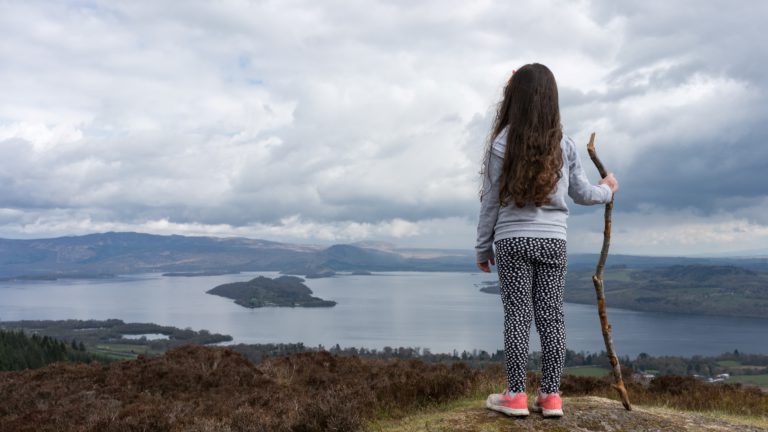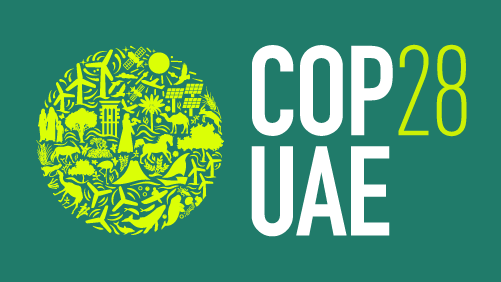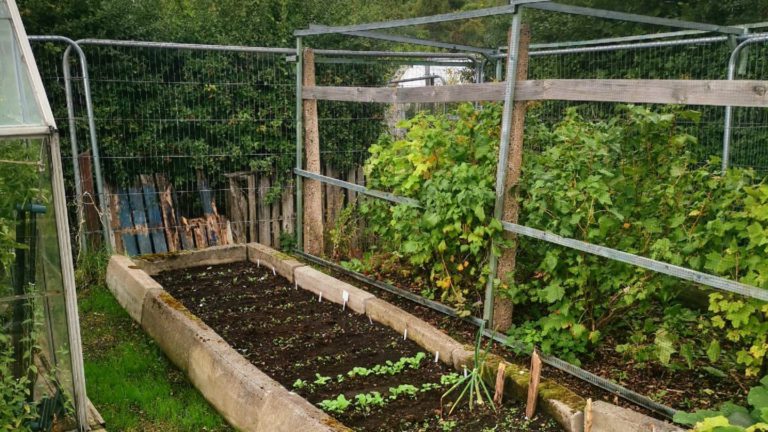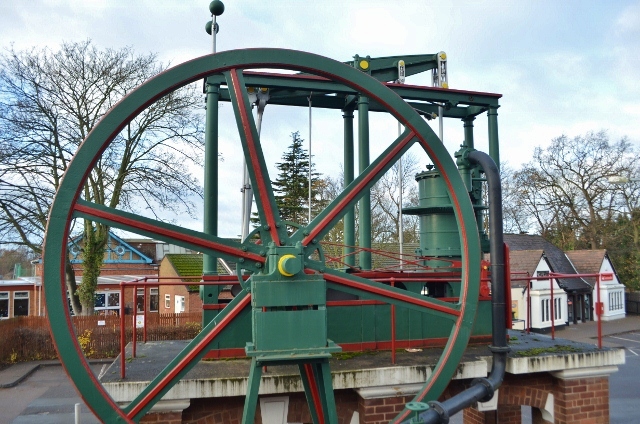There’s power in the community
In this blog, Green Instagrammer Iona Whyte tells us how community power and environmental initiatives can come together for the good of Scotland in 2045.
Scotland and our public are capable of change in many ways in the next two decades, but we are losing control of how our planet and the environment will change in that time. To keep control of this, we need to make a greater effort to reduce our negative impact and in my opinion become more aware of the power we have at local level and in our communities to turn negative impacts around.
For me, Scotland in the future looks like a place in which the public has an active part in their community and their impact. There are more green spaces in the cities, these green spaces and abandoned places are being developed to make them more productive, knowledge is being shared and sustainable practices are part of daily life.
We have the Scotland I’m talking about right now, truth to tell. I know this because there are successful and sustainable enterprises throughout the country. Innovative practices and projects in every locality and we must use, encourage and develop them.
Scotland’s future is capable of being very sustainable in my opinion and as a nation we must make connections at local level and emphasise emphasize the impact things like this would have in all our daily lives. In a country not accustomed to excessively hot or excessively cold climate, it’s easy to see why we wouldn’t all be thinking of climate change in our daily lives. When the costs of living go up and there’s household expenses to pay sustainable changes don’t appear too important. A sustainable life should not be difficult for anybody, but without changes that are convenient and inexpensive these changes are not accessible to everybody. That must change.
Benefits rather than impacts
Changes at local level such as workshops, maintenance skills and share schemes give us control on our own impact on the environment around us but, as well as that there are benefits such as health, waste reduction, employment opportunities and perhaps even free food.
It’s very easy to fall down a hole of the negative impacts on our lives and the planet by climate change, but in my opinion to give more people an incentive to make sustainable changes, we must look at the positive impacts that are felt at local level and by individuals.
Living towns
I live in a rented flat in Glasgow and this is where a lot of my knowledge comes from, but I’m aware that communities throughout the country are doing similar things. Although city life agrees with me, I always feel that there aren’t the same opportunities to be sustainable in our daily lives as I would have if I was living in a house on its own or in the country. But, our residential situation or where we live shouldn’t influence our opportunities to make a difference, perhaps they’ll be just a little bit different.
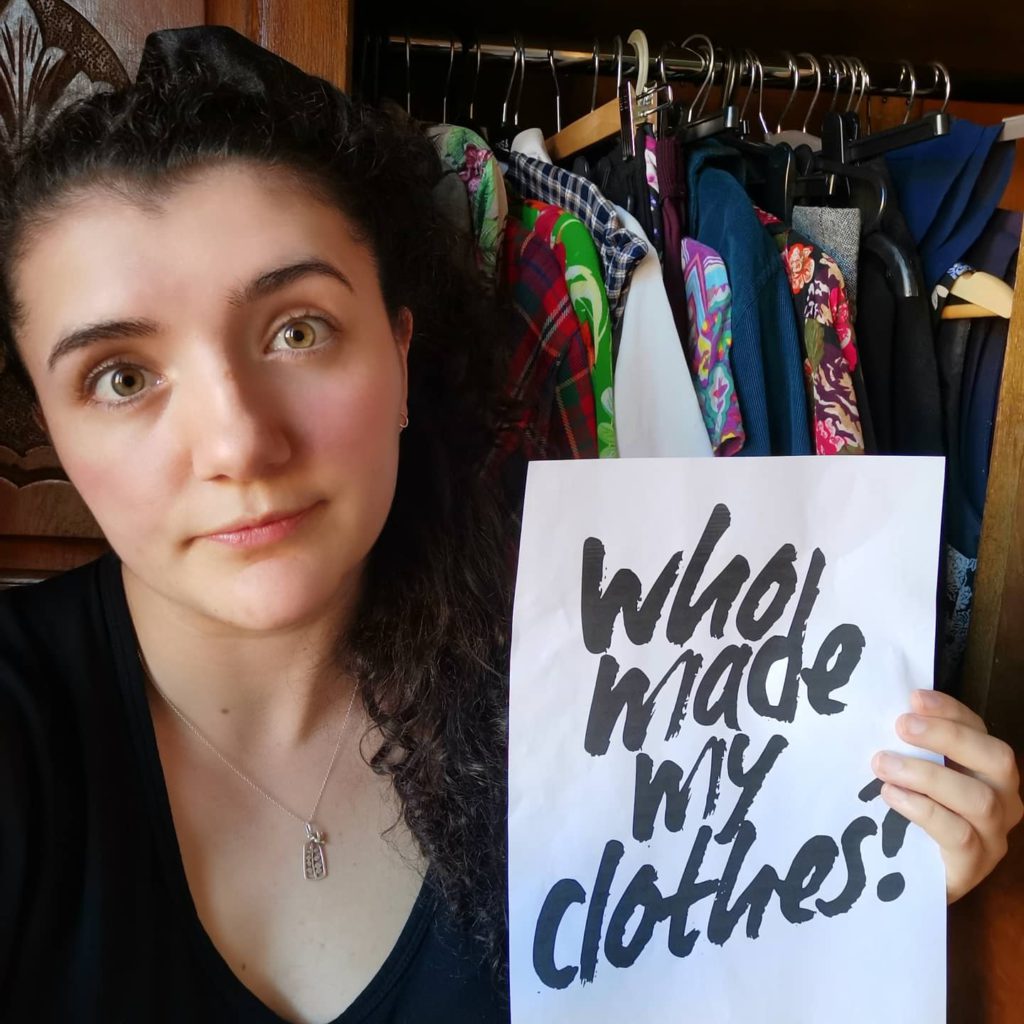
A few enterprises which have appeared close to me that we should develop and extend in future are:
- community gardens where people grow flowers and their own food
- seed libraries and community compost schemes
- repair networks and hubs where anything from clothes to bikes and computers are repaired
- community fridges
- car-share schemes
- new cycle paths and bike-share schemes
This is just a taste of the things going on in communities throughout Scotland, some with government and council support and some with just local support. And, at a time when we do not feel that we have contrail of the big elements of climate change such as using fossil fuel, it’s the change at local level that need to be developed and extended.
The work ahead of us
Scotland is a beautiful and wild country, full of people with specific skills and innovative ideas which are fully capable of making a difference to reduce or adverse impact on the planet and make a positive difference at local levels.
To see this Scotland coming into being I would advise the Scottish Parliament to recognise our community stalwarts everywhere, to continue to encourage and grow their projects such as community fridges or food-waste schemes to effect sustainable changes and make this knowledge available. I would recommend that the Scottish Parliament support communities to develop abandoned places to create green spaces and to make clear the benefits in projects like this to the public as a whole. I would recommend that the Scottish Parliament ensures the Scottish public has an active part in their own future before it’s too late.
In a way, we have no choice about this, maybe now is our future in any event with climate change, when we can’t import our own materials and food, but this is our opportunity to take control of this and how we do it, to keep Scotland beautiful and wild and green.
Iona Whyte

My name is Iona Whyte. I am from Glasgow, where I was born and raised. I learned my Gaelic from my father and at Glasgow Gaelic School. I am a lawyer as my day job and I also report on sports in the Gaelic media. When I’m not working I like to play rugby, read and travel.
I started the A’ Bheatha Uaine (“The Green Life”) Instagram account in 2019 as a way to learn more about being more sustainable, spreading the word and also using my Gaelic in my daily life.
To mark Seachdain na Gàidhlig (World Gaelic Week) in 2022, the Futures Forum asked several Gaelic speakers to share their views of the future. The project, run with support from the Scottish Parliament’s Gaelic Officers, aimed to contribute to a vision shared at a Futures Forum event on the future of Gaelic in 2019: a Scotland where “Gaelic is visible and audible in public life, with Gaelic routinely used for non-Gaelic issues”.
Scotland’s Futures Forum exists to encourage debate on Scotland’s long-term future, and we aim to share a range of perspectives. The views expressed in this blog are those of the author and do not necessarily reflect the Futures Forum’s views.


